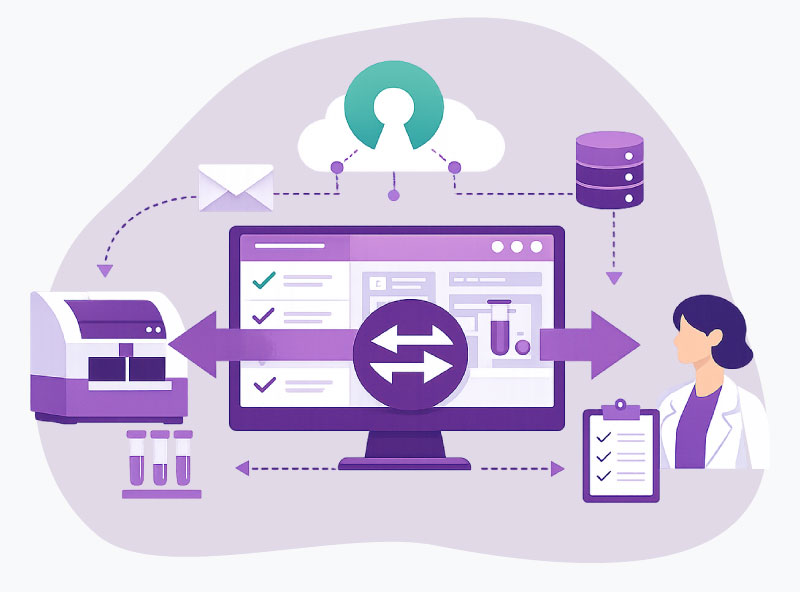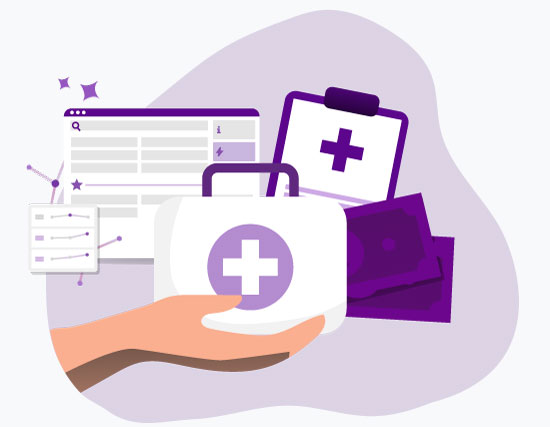Diagnostic Pathway Management and Data Enrichment
Gain a deep understanding of your diagnostic data sets and enrich them for higher quality diagnostic algorithms
Simplified feature engineering
Use our mapping tools and quickly evaluate, whether your medical datasets can fulfill the needs for diagnostic analytics – in terms of completeness and complexity. Uncover potential biases e.g. related to gender or age.
Data Labeling
and Enrichment
Gain an understanding of potential diagnosis within your dataset and check for errors and potential diagnostic optimization. Enrich your dataset based on our GMP-based algorithms – especially in the area of laboratory diagnostics.
Diagnostic Pathway optimization
Leverage historic, clinical datasets to uncover areas for improvement in diagnostic procedures. Discover medical sub-groups and explore risk factors. Combine medical and economical datasets for optimal healthcare outcomes and efficient diagnostic pathway management.
Research
Clinical Trials and Medical Research
Leverage the medicalvalues platform to become more agile and data-driven in your clinical data collection and research activities.
Plan your research
Quickly research relevant symptoms, parameters and potential side-effects to plan your study effectively.
Harmonization of findings
Ensure your data points follow a standardized interpretation to ensure comparability.
Real-time preliminary analysis
Get an AI-generated, initial diagnostic recommendation to quickly process large data volumes.
Diagnostic Analytics
Diagnostic Pathway Management and Analytics
Pre-built diagnostic pathway templates enable you to get results from day one. Use our pathways as a solid base and customize them for your individual projects.
Analyze historic data sets
Understand patterns and uncover potential areas for diagnostic savings without compromising on quality.
Run what-if scenarios
GMP Comparison
Compare your diagnostic steps to good medical practice and latest research to analyze potential differences and uncover areas for improvement.
Knowledge Management
Structure and visualize your diagnostic pathways and get a headstart with templates from the medicalvalues library.
Data Intelligence
Machine Learning and Artificial Intelligence
Re-use pre-built integrations into clinical and laboratory systems leveraging standard interfaces like FHIR to integrate your ML-landscape more efficiently.
Data Mapping and Harmonization
Leverage our platform tools to harmonize your datasets and map them to international standards like SNOMED CT and LOINC.
Data cleaning and feature engineering
Quickly identify errors in your datasets and get an understanding of potential bias.
Data enrichment and algorithmic performance
Leverage our pre-built algorithms to (pre-) label your data or compare your algorithms against the GMP-based results.
Start Today
Get started on the medicalvalues platform in 10 minutes
- Map & Normalize your datasets to leading international standards like SNOMED CT and LOINC
- Analyze & Enrich your data with diagnostics insights to kickstart or improve your AI applications and research
- Derive actionable insights in seconds and leverage our diagnostic algorithms to support your medical team or create your own solutions
Blog Articles & News

Open Source in the Laboratory: Why Specialized Middleware Makes All the Difference
The demands on modern laboratory IT are steadily increasing: devices are no longer expected to simply deliver measurement results, but to be fully integrated into digital workflows. Orders, status messages, and data must flow reliably—bidirectionally, in a standardized manner, and with full traceability. At the same time, laboratories are under pressure to design their IT landscapes to be both cost-effective and flexible.
Proprietary middleware solutions often promise easy integration, but in practice they create new dependencies and complexity. This is where open source comes in: offering transparency, flexibility, and the freedom to collaboratively develop solutions further.

From funding to practice with medicalvalues: Transforming clinics. Connecting care. Rethinking diagnostics.
Increasing complexity, a shortage of skilled workers, growing regulatory requirements and fragmented supply structures make it clear that selective digitization is no longer sufficient. Structural changes are needed.
With funding of up to €50 billion until 2035, the Hospital Transformation Fund (KHTF) opens up the possibility for the first time to implement concentration, specialization, telemedicine, and cross-sector care in a targeted and strategic manner.

